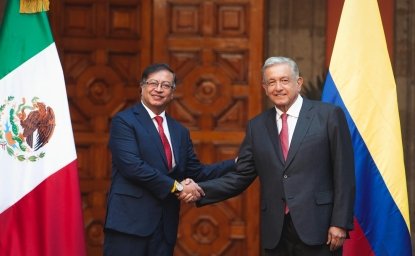Coronavirus Gold Rush? Corruption Spreads in a Pandemic
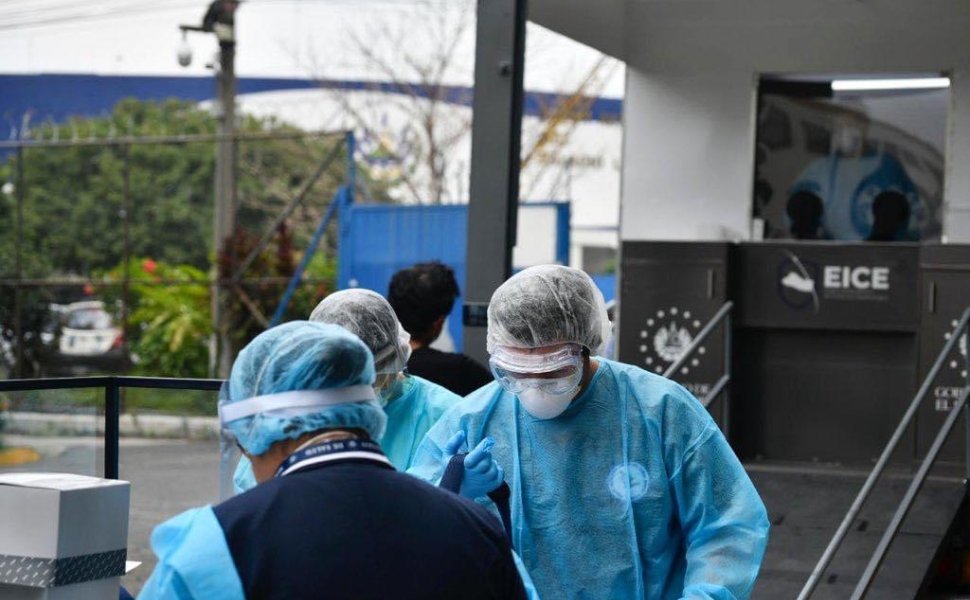
Even in normal times, countries in the Americas have struggled to contain corruption, including in the vulnerable public health sector. The coronavirus has amplified this challenge, given snowballing demands for medical equipment and services, and the urgent need to ramp up public spending to support sputtering economies. On today's episode, we ask our experts and guest Delia Ferreira Rubio, chair of Transparency International, why corruption is exploding during COVID-19 and how governments should protect increasingly scarce public resources.
Available on SoundCloud; Spotify; Apple Podcasts
Listen to Previous Episodes of Americas 360
Duncan Wood
- "The USMCA has a chapter which speak specifically about corruption... I think that this holds the potential down the road for people, companies, governments [across North America] to be held to account. So whilst this may seem like a bonanza right now with all this money beginning to flow, I think governments in particular need to be very, very careful about the long-term implications."
- "The Mexican government keeps harping on about corruption and I think that's a message which is playing out well with the Mexican public. who seem to believe that President López-Obrador is committed to fighting corruption. It's serving his political purposes very well as well: it's helping him to silence his opponents through the mere threat of a corruption charge and... to get new information from others."
Christopher Sands
- "The need to respond to cornavirus has generated a willingness on Parliament's part to spend large amount of money quickly. Speed sometimes leads people to push the envelope and try to get something done quickly but maybe not as carefully as they ordinarily would."
- "When the top countries in the system are raising doubts and using corruption in different ways I think it makes it that much harder for all of us in Latin America and Canada to push back."
Cynthia Arnson
- "We know that support for democracy in the region... is at historic lows and tolerance for military coups is absolutely correlated with a sense of front related to corruption and having been targeted and [been] a victim of crime."
- "There are a number of public opinion polls in the region that show that corruption is either the number one concern of the public or certainly within the top three... I can't imagine that issues of food security and the economy and unemployment are not major [exacerbating] factors. The sense that people are hurting while other people are making money is an enormously volatile issue."
Benjamin Gedan
- "The fact is that periods of stress like this have been followed by periods of instability and slides towards authoriatarianism in the past."
- "In terms of corruption during a pandemic, the [human] costs are real. If you're buying substandard medical equipment – ventilators, masks, etc. – because you're skimming off the top and you're syphoning very scarce resources to do so, hopefully there really would be a backlash. Maybe the region can see a renewed fight against corruption."
- "All of the civil society mechanisms – the judicial mechanisms, legislative oversight – they're all hibernating right now: sometimes literally because of stay-at-home orders, sometimes because of distraction or executive order. It's just a really great moment to steal."
Ricardo Zúñiga
- "It’s quite natural that apart from the health emergency there’s also an economic emergency and the way that traditionally governments and multilateral organizations have dealt with digging out of that has been to spend for example on infrastructure and the kinds of sectors where you can hire many people at once in short order. But in the Americas at least, infrastructure is certainly one of the other big areas apart from procurement that has been a significant target for corruption in the past and so apart from that you’re going to be talking about possibly new regulations arising in urban areas so that people are able to do business in different ways. Everywhere that we see an opportunity to improve conditions, we also see an opportunity for corruption."
Delia Ferreira Rubio
- "The fact is the resources that we have lost to corruption in Latin America are the resources that are missing in health care systems… What we have seen is that the health care systems in our countries have not been ready to face such an emergency because of lack of resources, lack of supplies, in many cases, lack of hospitals... lack of professionals in the sector apart from low salaries etc. So there is a clear consequence of the bad use of public resources because of corruption."
- "The health sector is one which is very prone to corruption. The studies from the Global Initiative on Health... has detected that yearly at the global level in normal times 500 billion dollars are lost in corruption."
- "We also have to highlight the problem with social subsidies packages which has been created by many governments which in some cases has given place to clientelism... Also with the packages for the health or business sector, particularly small business... We have seen there some undue influence, so businesses that were not the real addressees of the problem receiving money that was supposed to arrive at other recipients."
Guests


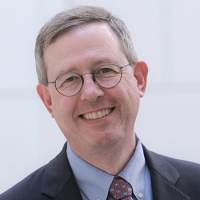

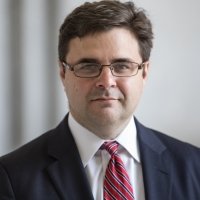

Moderator


Mexico Institute
The Mexico Institute seeks to improve understanding, communication, and cooperation between Mexico and the United States by promoting original research, encouraging public discussion, and proposing policy options for enhancing the bilateral relationship. A binational Advisory Board, chaired by Luis Téllez and Earl Anthony Wayne, oversees the work of the Mexico Institute. Read more


Latin America Program
The Wilson Center’s prestigious Latin America Program provides non-partisan expertise to a broad community of decision makers in the United States and Latin America on critical policy issues facing the Hemisphere. The Program provides insightful and actionable research for policymakers, private sector leaders, journalists, and public intellectuals in the United States and Latin America. To bridge the gap between scholarship and policy action, it fosters new inquiry, sponsors high-level public and private meetings among multiple stakeholders, and explores policy options to improve outcomes for citizens throughout the Americas. Drawing on the Wilson Center’s strength as the nation’s key non-partisan policy forum, the Program serves as a trusted source of analysis and a vital point of contact between the worlds of scholarship and action. Read more


Canada Institute
The mission of the Wilson Center's Canada Institute is to raise the level of knowledge of Canada in the United States, particularly within the Washington, DC policy community. Research projects, initiatives, podcasts, and publications cover contemporary Canada, US-Canadian relations, North American political economy, and Canada's global role as it intersects with US national interests. Read more


Brazil Institute
The Brazil Institute—the only country-specific policy institution focused on Brazil in Washington—aims to deepen understanding of Brazil’s complex landscape and strengthen relations between Brazilian and US institutions across all sectors. Read more


Argentina Project
The Argentina Project is the premier institution for policy-relevant research on politics and economics in Argentina. Read more

Related Episodes
Browse all episodes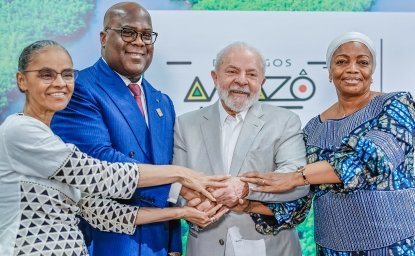
Brazil and the Future of the Amazon
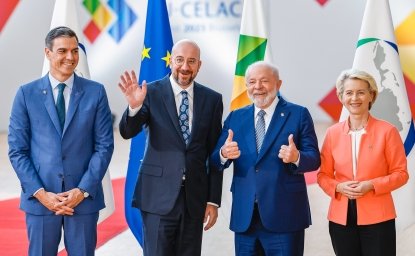
Europe and the Americas: The Road Ahead for Transatlantic Cooperation
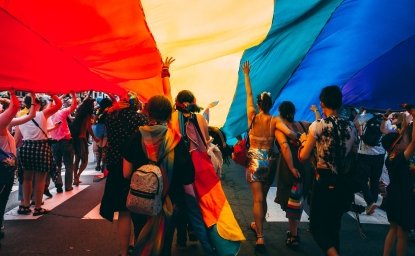
LGBTQ+ Rights in the Americas: Progress and Remaining Challenges
